Open Science Fair 2017 – in case you missed it
From 6-8 September 300 people interested in Open Science came together in Athens at the brand new Stavros Niarchos Foundation Cultural Centre (SNFCC) to connect and learn about Open Science. The first Open Science Fair was organized by the EU-funded projects OpenAIRE, FOSTER Plus, OpenUp and OpenMinTeD.
DAY 1
Highlighting that Open Science is about openness to people, Yannis Ioannidis, President of “Athena” Research & Innovation Centre, welcomed all participants to the conference. Welcoming words by Natalia Manola, the managing Director of OpenAIRE, followed. She lined out that Open Science is not about barriers anymore, but about solutions and practices. Nektarios Tavernarakis (Scientific Council of ERC) opened the conference with the first keynote. The member of the ERC open access working group pointed out that data sharing is not yet standard in all disciplines. Awareness raising, skills development, incentives and rewards are needed, but there is no one-size-fits-all. All three speakers set a framework for upcoming discussions and inspired the participants for exchanging ideas.
Two parallel sessions followed including among others the Open Science Café, a session on Open Access models & platforms and a session on research lifecycles in the arts, humanities and social sciences.
The last keynote of that day by Jeffrey D. Sachs (Earth institute Columbia University) on Open Science for Sustainable Development gave a lot input for thoughts: Education and innovation divide the world. Science and openness are very important to bridge this gap and to achieve fair and sustainable development.
Day 1 ended with a welcome cocktail in the lighthouse of the beautiful venue. While enjoying the stunning view over the Mediterranean Sea and the city of Athens all participants had the chance to network and review the day.
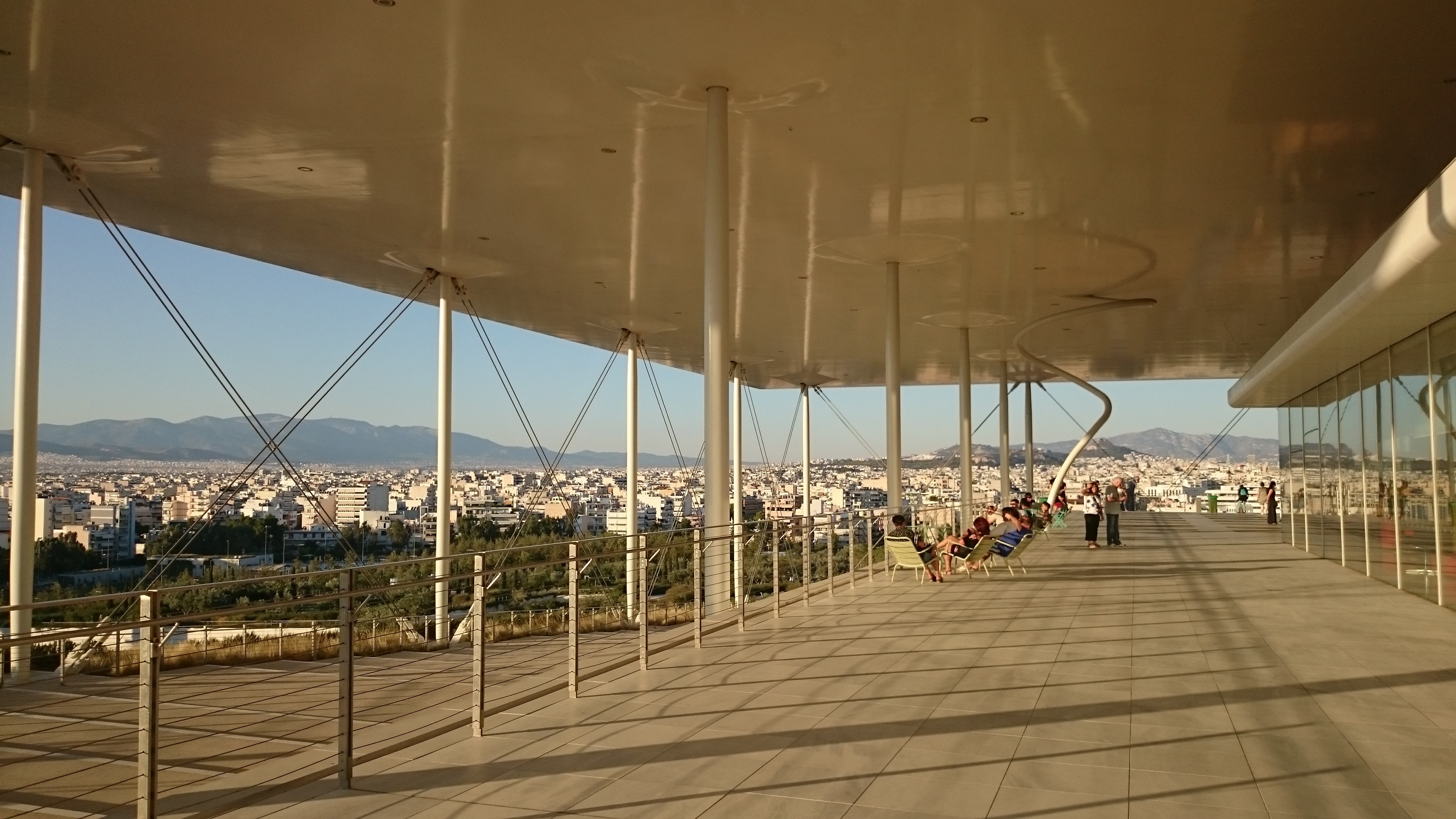
DAY 2
The second day started with the plenary session “Open for all? Diversity and disparity in Open Science”. Maria Georgopoulou (Gennadius Library American School of Classical Studies) introduced “The Role of Women in Exploring, Understanding and Archiving the Past”. Ahmed Ogunlaja, Founder of Open Access Nigeria, gave a Global South Perspective on Open Science. He outlined that open science can help to achieve inclusive development, but emphasized that OPEN does not mean open for all by default. We need to ensure that everyone has access to the platforms we are designing. The third talk during the plenary session held Jon Tennant, Communications Director of Science Open, on the barriers to Open Science for Junior Researchers. In order to change the culture education and training for students are needed.
Three parallel sessions followed the talks, including the FOSTER training “Fostering the practical implementation of Open Science in Horizon 2020 and beyond”. Around 50 participants got practical and discipline-specific advice on how to implement open science in the workflows. The slides of our workshop are available here.
The second day ended with the poster presentation and a very nice conference dinner at the marina.
DAY 3
The last day offered workshops on National and European e-infrastructures, FAIR data/metrics, Open Peer Review, Text and Data Mining, etc.
The closing plenary was held by John Ioannidis, professor at Stanford University. He talked about the crisis science is facing in terms of reproducibility and what it needs to change research practices towards reproducible research. Open Science is a big step in the right direction.
The Open Science Fair offered a range of interesting talks, hands-on workshops and training sessions. All participants had the opportunity to exchange ideas, to learn and connect.
We hope to see you next year at the OSF.
Watch this video produced by OpenAIRE to get an impression why to participate in the next Open Science Fair. Read the tweets #OSFair2017 and watch the recordings of the presentations and workshops. Our slides are available here
---------
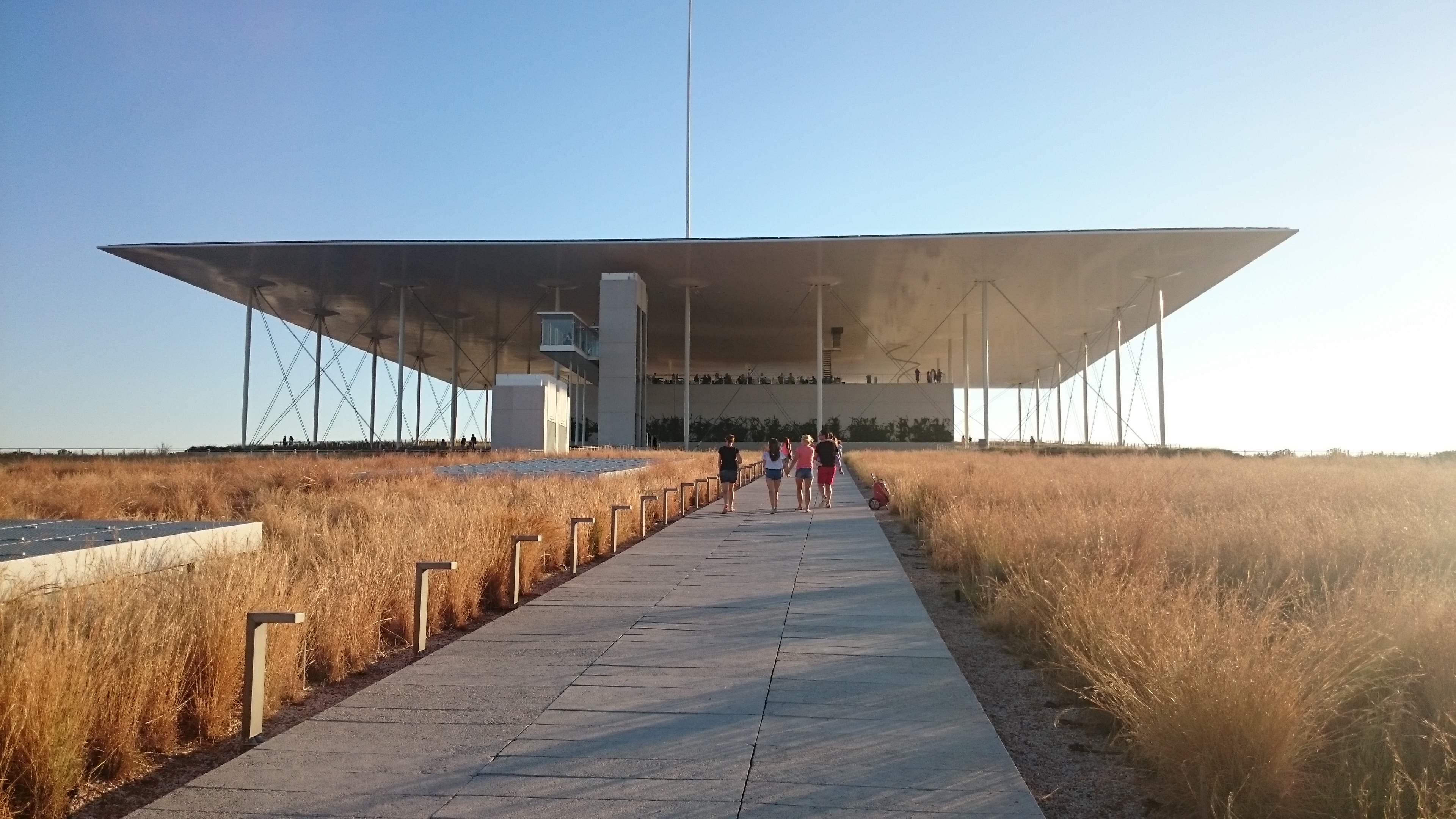
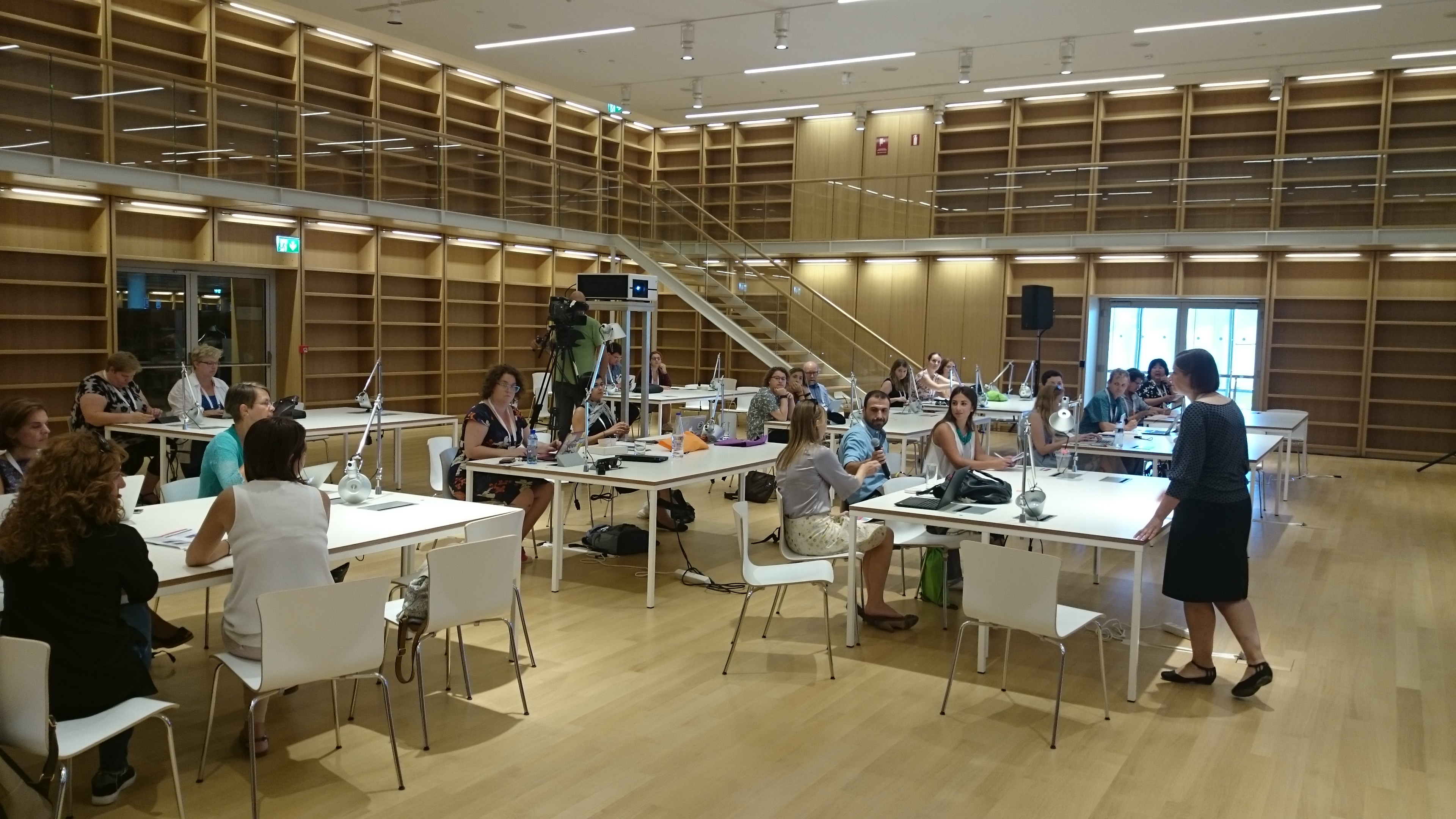
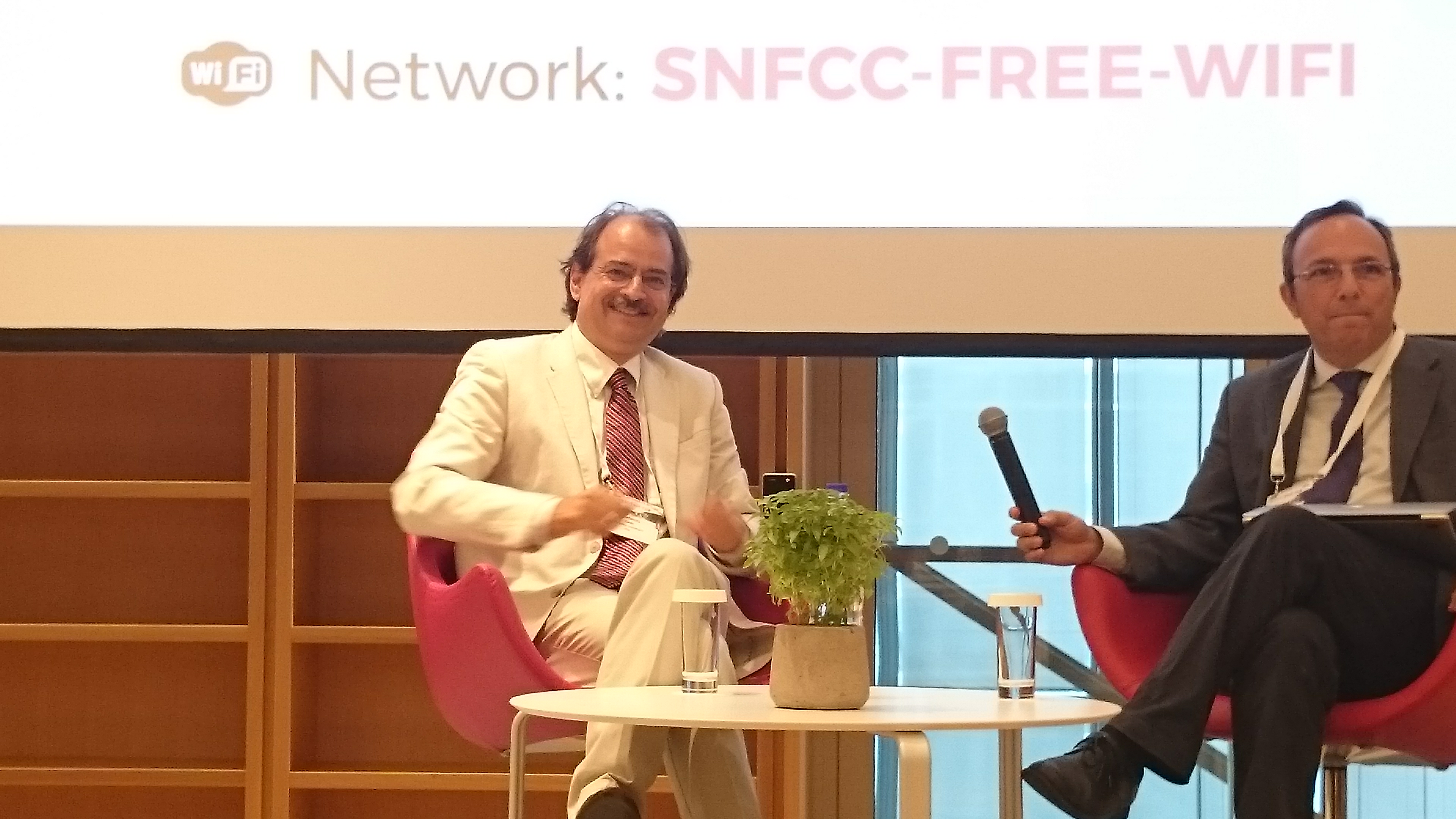

 Unless otherwise stated, all materials created by the FOSTER consortium are licensed under a CREATIVE COMMONS
ATTRIBUTION 4.0 INTERNATIONAL LICENSE.
Unless otherwise stated, all materials created by the FOSTER consortium are licensed under a CREATIVE COMMONS
ATTRIBUTION 4.0 INTERNATIONAL LICENSE.
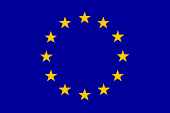 This project has received funding from the European Union’s Seventh Framework Programme for research,
technological development and demonstration under grant agreement no 612425.
This project has received funding from the European Union’s Seventh Framework Programme for research,
technological development and demonstration under grant agreement no 612425.